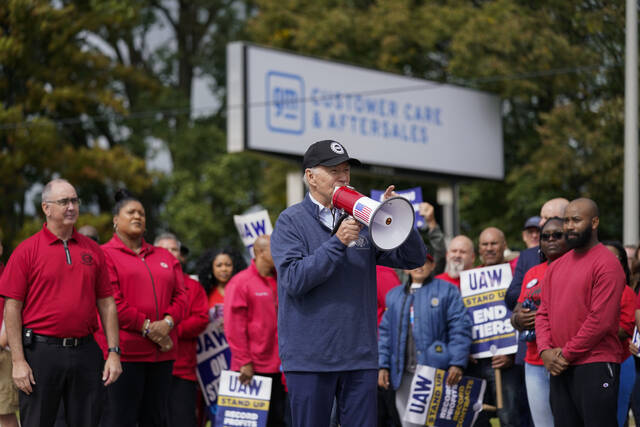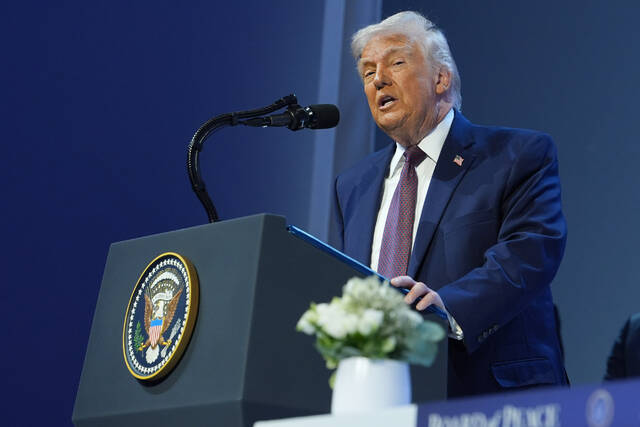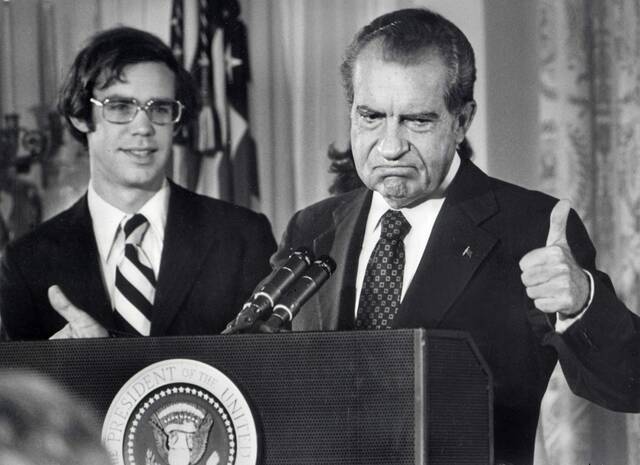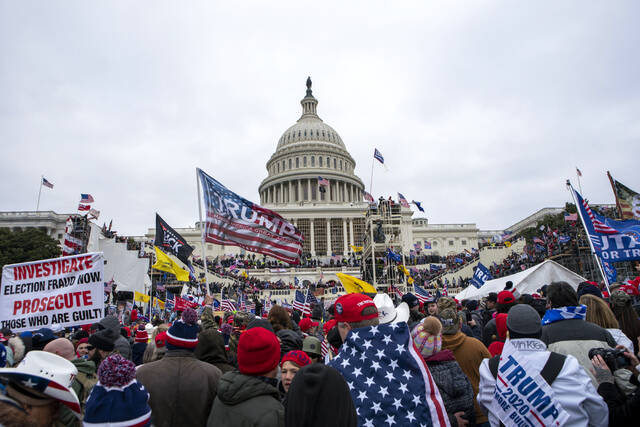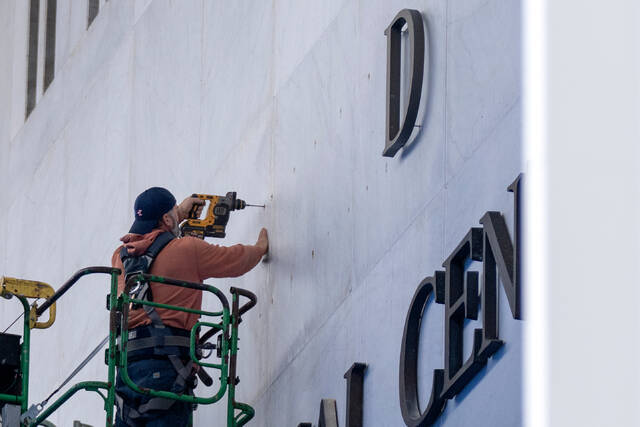I was in grade school when I walked my first United Auto Workers (UAW) picket line at the factory gate of the Fisher Body plant in West Mifflin. I can’t remember if it was a contract strike for better wages and benefits or a wildcat strike over a safety issue on the factory floor or an unfair decision by management. But I do remember the scene.
It was cold and wet and dark when my dad and I pulled up in our 1954 Chevy. We were greeted by a small group of high-spirited men who were huddled around a fire in a smoking 50-gallon drum, rubbing their hands together near the rim, trying to stay warm. For a kid from a union family, it was a special treat.
There is a thrill around picket lines. Working people drawing a line on the ground, willing to struggle a while to get a better deal for their families, rolling the dice, sometimes gambling it all. During longer strikes, the picket line looks like drudgery to an outsider, but the truth is that as the strike grows longer, the workers are just getting tougher. They are in it together for the long haul.
President Joe Biden might have felt the thrill of the picket lines of his youth again when he visited a UAW picket line in Michigan last week. Donning a UAW hat and speaking through a bullhorn, Biden told the picketers that the UAW saved the auto industry “back in 2008 and before” by making wage, benefits and pension concessions. Now that the companies are doing “incredibly well,” Biden told the workers, “You should be doing incredibly well, too.”
It has always been tricky for presidents to weigh in on labor disputes. Presidents generally try to remain squarely in the middle, ready to call balls and strikes as mediation hits snags, always mindful that they represent the public interest. But there have been times when presidents have put their thumbs on the scale for either labor or management.
In 1981, President Ronald Reagan, who had been president of the AFL-CIO affiliated Screen Actors Guild, fired 11,000 striking air traffic controllers who refused his order to return to work. Reagan clearly had gone from labor leader to management. The striking controllers were banned from ever being rehired, and their union was decertified by the end of the year. Organized labor lost big.
President Teddy Roosevelt grew tired of the anthracite coal operators around Scranton who refused to pay fair wages to miners. He knew it was bad for the country that the social contract was being violated, that the robber-baron owners were acquiring fabulous wealth on the backs of workers who were condemned to poverty.
Roosevelt tried unsuccessfully to use the bully pulpit with the owners to settle “The Anthracite Coal Strike of 1902.” He eventually got the strikers to return, after 163 days, by appointing a commission to gather evidence from both sides. The commission ordered pay raises and shorter workdays for the miners. The union won.
Like Roosevelt, Biden knows it is bad for the country when the social contract between labor and management is broken, when huge profits are not fairly shared with those whose labor made those profits possible. If the appearance of an American president on a picket line is the push that it takes to get management to share the wealth, we are lucky. That’s called leadership.


